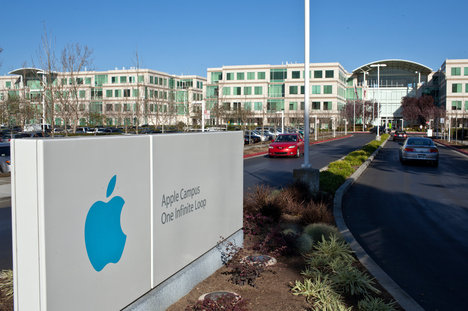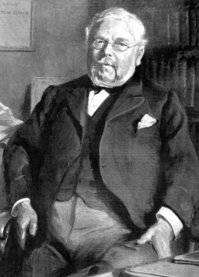 “New bonds sold by Apple have been called “Giffen goods,” after Sir Robert Giffen, a Scottish economist who noted that the prices of some goods can defy the laws of supply and demand.” Source of caption and photo: online version of the NYT article quoted and cited below.
“New bonds sold by Apple have been called “Giffen goods,” after Sir Robert Giffen, a Scottish economist who noted that the prices of some goods can defy the laws of supply and demand.” Source of caption and photo: online version of the NYT article quoted and cited below.
(p. B1) . . . Hans Mikkelsen, a credit strategist at Bank of America Merrill Lynch, promptly proclaimed that “Apple bonds are Giffen goods.”
Giffen goods, named after Sir Robert Giffen, a 19th-century Scottish statistician and economist who discovered they could exist, defy the normal law of supply and demand. Raise the price, and people will buy more.
They are extremely rare.
The classic example — and the only one I had heard of before Apple sold its new bonds — was potatoes at a time when they were the chief source of nourishment for Irish peasants. If potato prices fell, the peasants could afford more meat and would therefore eat fewer potatoes. When potato prices rose, they could no longer afford meat and would consume more potatoes.
For the full story, see:
RAPHAEL MINDER. “Tempting Europe With Ugly Fruit.” The New YorkTimes, First Section (Sun., MAY 25, 2014): 6 & 8.
(Note: ellipsis added.)
(Note: the online version of the story has the date MAY 24, 2014. )
“Sir Robert Giffen was a Scottish economist.” Source of caption and photo: online version of the NYT article quoted and cited above.

